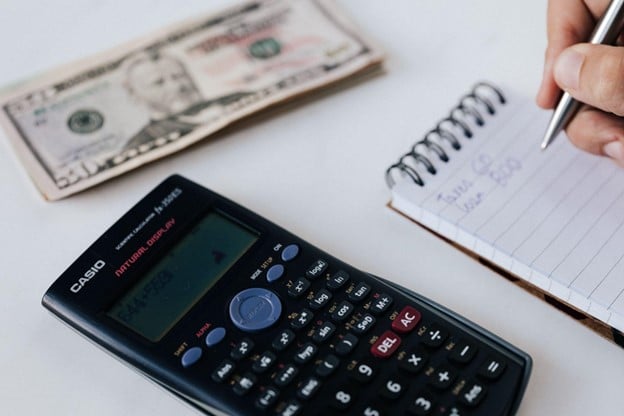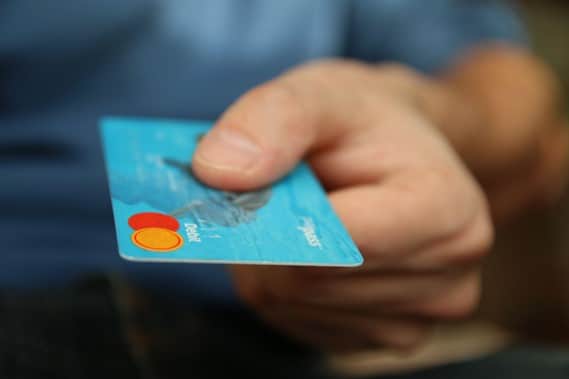Are you having trouble paying bills? Are you worried about losing your car or home? You’re not alone. Many people find themselves in a financial crisis at some point. If you are struggling to manage your debt and don’t have a plan to pay it off, follow these tips to cut down your debt:

Budget
To repay your debt, start by creating a budget. Gather your pay stubs, bills (utilities, insurance, etc.), and receipts. Add together all of your income and subtract your expenses. Once you’ve established a budget, look for things that have some wiggle room to leave you with more money left over at the end of each month. The goal here is to stop adding to your debt and pay the debt that you already have.
Avalanche or snowball?
Tackling the most expensive debt using the avalanche strategy involves repaying debts with the highest interest rates first. With this strategy, you should continue to pay the minimum on your other, less expensive debts but focus extra cash you have available for your most expensive debts.
Instead of repaying your highest debts first, the snowball strategy focuses on paying off your smaller debts. Repaying a small debt in full is far easier than trying to take on a student loan or mortgage debt. Determining which debts to pay off first depends on your individual financial situation.
Always pay more than the minimum
You will need to pay more than the minimum balance each month to impact your debts significantly. You may also consider setting aside extra money towards the principal on a home mortgage, as long as other debts wouldn’t utilize those additional payments.
Quit spending with your credit card
Trying to manage debt with credit cards, which typically comes with extremely high-interest rates, can be costly. If overspending adds more to your debt, try removing your credit cards immediately. This strategy is simple, but it can take away your temptation to overspend and let you focus on getting your finances under control.

What to do when you’re behind
Don’t spend any time waiting! Contact your creditors, the companies you owe money to, as soon as possible. Make sure you do this before a debt collector is involved. Let your creditors know what is going on and try to work out a repayment plan that works for you both.
What to do if your debt has already gone to a debt collector
You might want to talk to the collector at least once, even if you don’t think you owe the debt or can’t repay it immediately. That way, you can confirm whether it’s really your debt, and if it is, you can find out from the collector more information about it. In talking with a debt collector, be careful about sharing your personal or financial information, especially if you’re not already familiar with the collector.
You should also know the rules a debt collector must follow. For example, a debt collector must tell you: how much money you owe, to whom you owe the money, and what to do if you don’t think it’s your debt. And if you tell the collector in writing that you do not believe this is your debt, the collector must send you verification of the debt, like a copy of a bill for the amount you owe, in the mail.
Managing your debt is one of the best ways you can ensure financial stability for you and your family. Understanding your budget and addressing any bad debt is a great start. If you have questions or would like to discuss debt management further, the team at Hayes & Associates would be happy to help.





